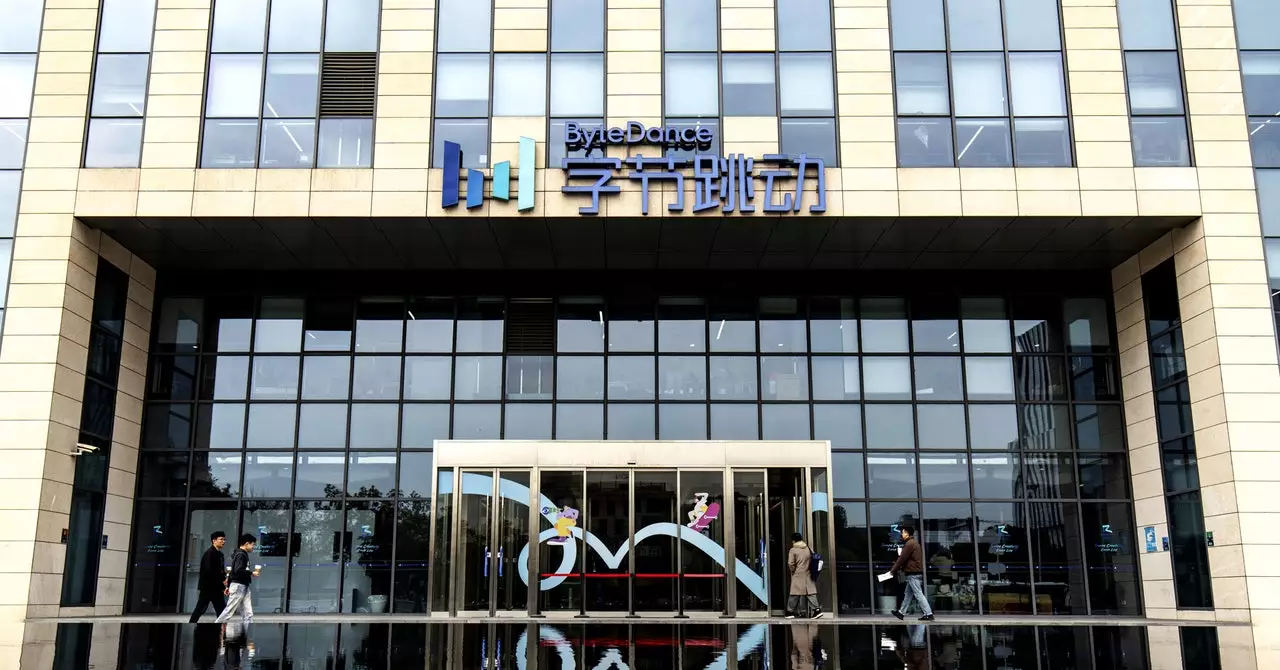Keyu Tian, a master’s student at Peking University, has recently become embroiled in a polarizing discussion following his recognition at the prestigious Neural Information Processing Systems (NeurIPS) conference. As the lead author of a groundbreaking research paper on image generation titled “Visual Autoregressive Modeling: Scalable Image Generation via Next-Scale Prediction,” Tian’s innovative approach to artificial intelligence promises advancements in efficiency and speed over existing methods. Alongside four coauthors from ByteDance and Peking University, the research presents significant implications for the field of machine learning, attracting commendations from the NeurIPS Best Paper Award committee.
However, the honor has been shadowed by allegations regarding Tian’s conduct while interning at ByteDance. Reports surfaced that he was dismissed for supposedly sabotaging colleagues’ work. Consequently, ByteDance has pursued legal action against him, claiming damages exceeding $1 million. This dramatic turn of events raises essential questions about the integrity of the research community and the ethical standards expected from its participants.
Tian’s recognition comes at a time when ethical scrutiny within the AI field is heightened. The juxtaposition of his award with claims of misconduct has fueled debates about the standards upheld by high-profile conferences like NeurIPS. Critics argue that awarding such recognition to individuals with questionable professional integrity sends mixed signals regarding the conference’s commitment to ethical research practices.
The response from the academic community has been swift and critical. Prominent figures, such as Abeba Birhane from the AI Accountability Lab, voiced concerns over the decision to award Tian despite the prevailing allegations. Birhane’s commentary highlights an essential conversation around the responsibilities of conferences like NeurIPS in safeguarding scientific rigor and ethical conduct. This discourse underlines a growing tension between innovation in research and the ethical ramifications of the individuals behind it.
Moreover, the NeurIPS conference organizers defended their decision, emphasizing that the evaluation process focused solely on the scientific merits of the submission, independent of the authors’ backgrounds. They stated that the blind review approach aims to ensure fairness in the assessment of research, a principle that many believe is crucial for maintaining integrity in scientific endeavors.
This unfolding controversy serves as a critical juncture for the AI research community. As advances in artificial intelligence become increasingly integral to our society, maintaining high ethical standards cannot be overlooked. The incident with Tian underscores the need for conferences and academic institutions to elevate their scrutiny over not only the research itself, but also the researchers, ensuring that the work produced adheres to ethical norms and fosters a collaborative environment free from sabotage and misconduct.
As the NeurIPS award continues to attract both innovation and controversy, it is imperative for the AI community to reflect on the implications of such recognitions and to develop stringent guidelines that uphold both scientific and ethical integrity. This situation is more than a singular event; it is a wake-up call, reminding professionals in AI that the path to groundbreaking innovation must not sacrifice the principles of honesty and professionalism.

